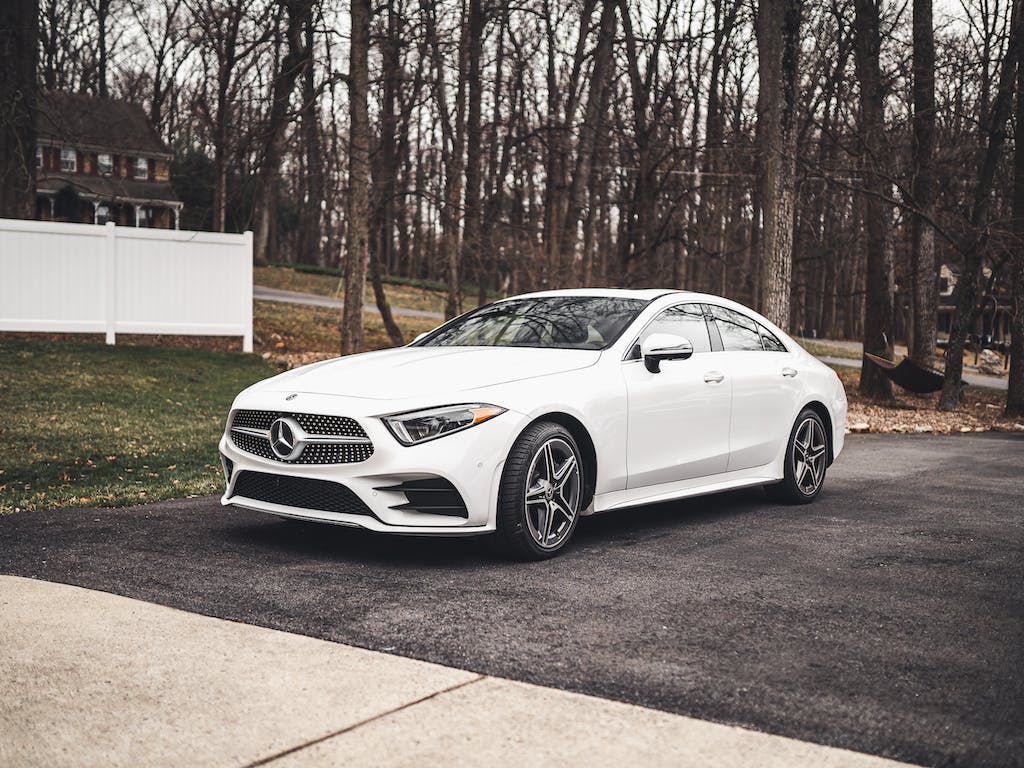
Buying a used car can be a smart and budget-friendly decision, but it requires careful planning and research. Here’s a simple guide to help you navigate your options when buying a used car.
Set Your Budget
The first step is to figure out how much you can afford to spend. Consider not just the purchase price, but also additional costs like insurance, registration, maintenance, and potential repairs. Stick to your budget to avoid financial stress.
Research the Market
Spend some time researching different car models. Look for cars that fit your needs and have a good reputation for reliability. Websites like Kelley Blue Book, Edmunds, and Consumer Reports can provide valuable information on car prices, reliability, and user reviews.
Find the Right Car
Once you have an idea of what you want, start looking for cars for sale. You can find used cars at dealerships, online marketplaces, and through private sellers. Each option has its pros and cons. Dealerships might offer certified pre-owned cars with warranties, while private sellers might have lower prices.
Check the Vehicle History
Before you consider buying a used car, get a vehicle history report using the car’s VIN (Vehicle Identification Number). This report will tell you if the car has been in accidents, had previous owners, or has any outstanding recalls. Websites like Carfax and AutoCheck can provide these reports for a fee.
Inspect and Test Drive
Never purchase a used car without viewing it in person. Inspect the vehicle for signs of damage, rust, or wear and tear. Check the tires, lights, and other important parts. If you’re not confident in your ability to inspect the car, consider hiring a mechanic to do it for you. A test drive is also essential to see how the car performs and to spot any potential issues.
Negotiate the Price
When you find a car you like, don’t be afraid to negotiate the price. Use your research to back up your offer and be prepared to walk away if the seller isn’t willing to meet your price. Sometimes, a fair negotiation can save you a significant amount of money.
Finalize the Deal
Once you agree on a price, ensure all paperwork is in order. This includes the title, bill of sale, and any warranty documents. Make sure the seller signs over the title to you and that all information is accurate.
Register and Insure Your Car
After purchasing, you’ll need to register the car in your name and get it insured. Check with your local DMV for registration requirements and compare insurance quotes to find the best deal for your new vehicle.




